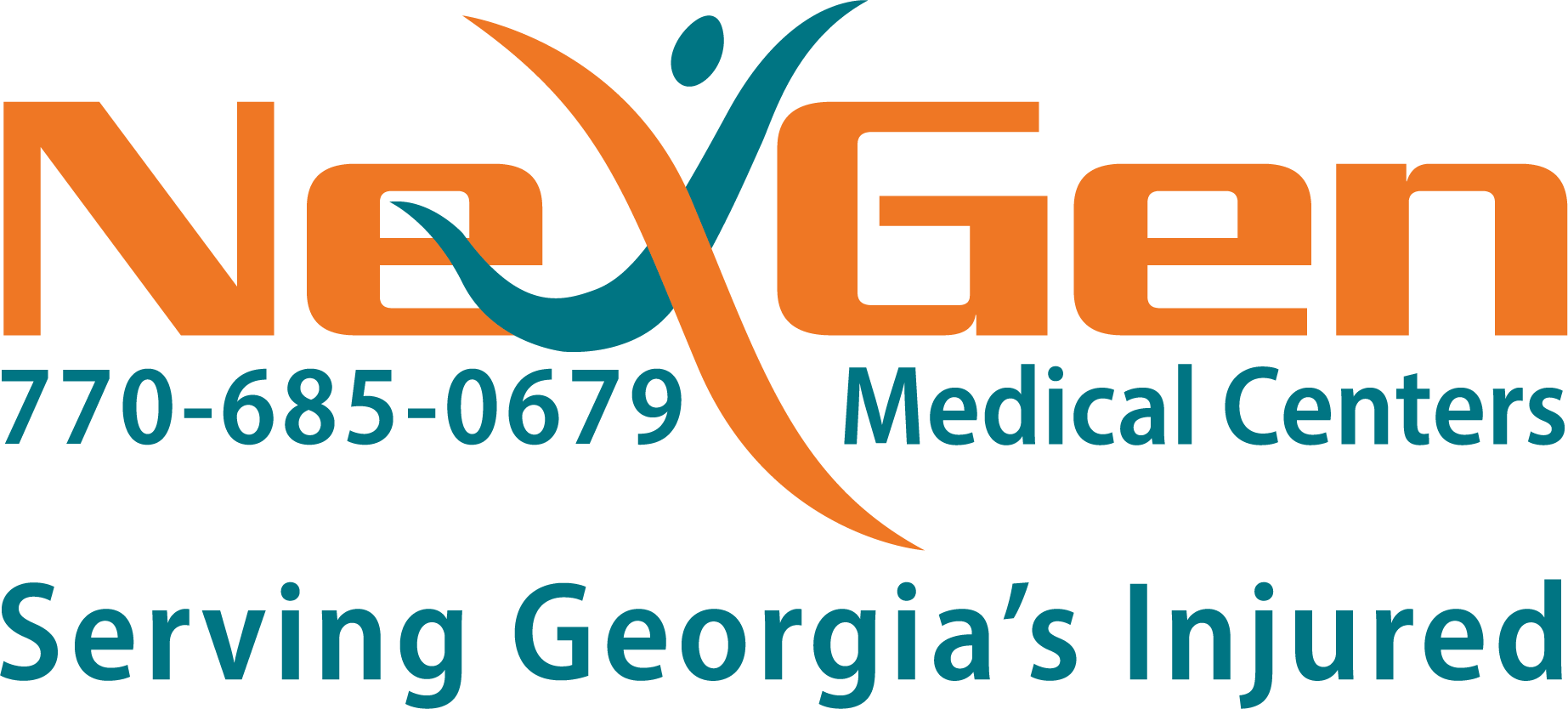Interventional Pain Management in the Metro Atlanta Area
Interventional pain management is a medical specialty that focuses on the diagnosis and treatment of pain using minimally invasive procedures. The goal of interventional pain management is to reduce or eliminate pain and improve the quality of life for patients suffering from chronic or acute pain.
Interventional pain management techniques are typically performed by pain management specialists who have received specialized training in this field. These specialists use various techniques to treat pain, including injections, nerve blocks, radiofrequency ablation, and neuromodulation.
Injections are one of the most common interventional pain management techniques. They involve the injection of medication, such as corticosteroids or local anesthetics, into the affected area to reduce inflammation and relieve pain. Injection techniques can include epidural injections, facet joint injections, and trigger point injections.
Nerve blocks are another common interventional pain management technique. They involve the injection of medication directly into or near the affected nerve to block pain signals. Nerve blocks can be used to treat a variety of conditions, including headaches, back pain, and cancer pain.
Interventional pain management is typically used when other treatments, such as medications and physical therapy, have failed to provide adequate pain relief. It can be used to treat a variety of conditions, including chronic back pain, neck pain, arthritis, and cancer pain.
Overall, interventional pain management offers a range of effective treatments for pain that can significantly improve the quality of life for patients suffering from chronic or acute pain. If you are experiencing chronic pain, you may benefit from consulting with a pain management specialist to explore interventional pain management options.
Don’t Delay, Call Today!
The quicker you receive the care you need, the quicker your injuries will heal and the faster you can get on with your life. Don’t delay, call today!

